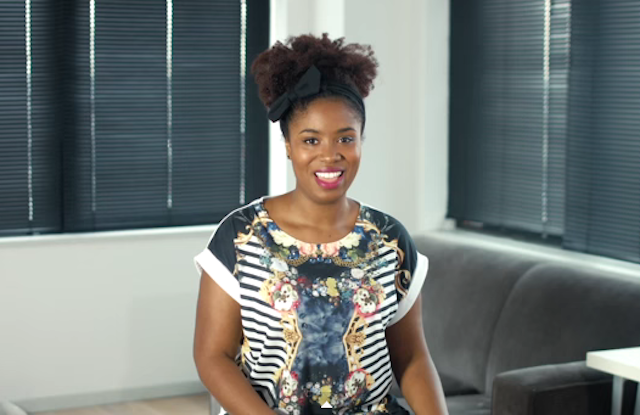YouTube chooses to push certain personalities and channels via prominent placement on their homepage as well as endorsing them on their social media outlets. When Akilah Hughes of Fusion noticed a lack of promotion for YouTube creatives of color, she decided to keep track of the number of black Youtubers who received promotion during Black History Month on YouTube’s Twitter feed, which has 49 million followers.
Hughes counted 15 tweets total, 10 of which were well-known, award-winning musicians. In the same month, 167 tweets went out in promotion of white YouTubers.
Hughes writes:
The support of YouTube can launch a creator’s career, and turn mid-sized personalities into mega-stars. Sure, the company promotes YouTubers who have already garnered a substantial audience, but they are not merely reflecting precisely whatever is popular on the platform, but helping to create and shape their service. Their choices are a statement of values for the site.
Hughes also points out that the subjects of YouTube’s billboard, train wrap and commercial campaigning that took place last spring were three young girls who all had a similar appearance: "young, light-skinned, with brown hair."
I think there’s people from all walks of life on YouTube, but I think many people of color struggle to reach the same level of visibility on YouTube as white content creators. Historically audiences are more likely to gravitate towards creators that look like them, and are used to/comfortable seeing POC in very limited or more stereotypical roles.
YouTube responded with a general statement when Hughes reached out about her findings:
YouTube is the largest open media platform in the world. Anyone, anywhere can upload videos, cultivate a following and even profit from the content they create. That openness has led to an incredibly diverse library of videos, reflecting a broad spectrum of beliefs, races, sexualities, cultures and classes that are underrepresented elsewhere.
However, Hank Green, CEO of VidCon, an annual gathering of YouTube creators, had much more to say about the need to address race as well as inclusive coverage and promotion.
We live in a racist society. And, to some extent, all humans are inherently biased. In order to make the world a better place, we can’t just say, ‘Well, we feature the people and the content our attendees ask for the most,’ because that’s like saying, ‘We’re happy with the way society is and have no interest in using our influence to change it.’ We’re not happy with the way society is, and we’re very pleased to have some cultural force that, we hope, is able to exert some influence.
It will be interesting to see if YouTube makes any changes around diversifying their promotion in the near future.
Read more of Hughes’s coverage here.
